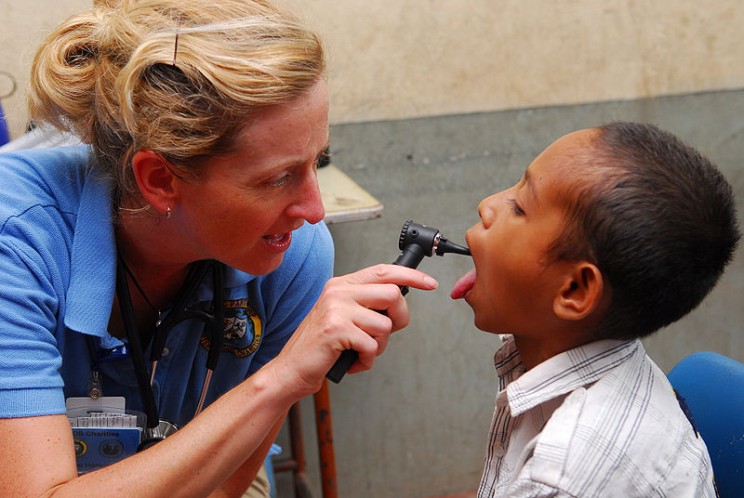By Mary Jo Kreitzer
Since 2005, more than 80% of Americans have rated nurses on a Gallup poll as having “high” or “very high” honesty and ethical standards. In fact, nurses have topped the list since 1999, the first year Gallup asked about them with the exception of 2001. (That year, Gallup included firefighters on a one-time basis, given their prominent role in 9/11 rescue efforts.) What many people don’t understand is that their nurse’s level of education is a life or death matter. In a study just published in Health Affairs, a nurse researcher found that a 10-point increase in the percentage of nurses holding a 4-year BSN degree within a hospital was associated with an average reduction of 2.12 deaths for every 1,000 patients. For more seriously ill patients, the average reduction in deaths was 7.47 per 1,000 patients.
For anybody who has experienced health care, these statistics aren’t surprising. Nurses are the glue that holds much of health care together. Nurse practitioners can effectively manage 80% of primary care with outcomes that equal or exceed physician care. Nurse anesthetists manage care during surgical procedures, nurse midwives deliver babies, and nurses provide care in homes, clinics, senior living centers, schools, and hospitals.

One of the things that excites me these days is that in all of these settings, more and more nurses are practicing integrative nursing – care that focuses on the whole person and uses integrative therapies and healing practices to manage symptoms, ease suffering, and improve quality of life. What does this mean? If you’re experiencing nausea because of your illness or the effects of treatments such as chemotherapy, you might be offered aromatherapy or acupressure before resorting to a drug that’s more expensive, may be less effective, and may cause side effects. If you’re anxious or having difficulty sleeping, you may be taught ways to breathe and relax or be encouraged to practice mindfulness meditation. Nurses practicing from an integrative perspective are eager to help you learn how to better manage your own health and wellbeing, not just deal with the crisis or problem you’re facing at the moment.
Integrative nursing is good for nurses as well as patients. I’ve observed that care settings that embrace integrative nursing are finding that nurses are attracted to work in their organizations, find their practice more fulfilling, and are more engaged and less likely to leave. For the past five years, I have co-led a new educational program at the University of Minnesota – a doctorate of nursing practice (DNP) program in integrative health and healing. This program prepares nurse leaders who work in clinical — as well as in community and corporate — settings. As the first program of its kind, it’s attracting students from around the United States.
Mary Jo Kreitzer is the Director of the Center for Spirituality & Healing, and a Professor for the School of Nursing at the University of Minnesota. She is also a co-editor of Integrative Nursing, a title from the Weil Integrative Medicine Library.
Subscribe to the OUPblog via email or RSS.
Subscribe to only health and medicine articles on the OUPblog via email or RSS.
Image Credit: U.S. Navy photo by Mass Communication Specialist 2nd Class Eddie Harrison, Public Domain via Wikimedia Commons.
The post Nursing: a life or death matter appeared first on OUPblog.




 Professor in the Department of Social Work and Social Administration and the Associate Director of the Centre on Behavioral Health at the University of Hong Kong.
Professor in the Department of Social Work and Social Administration and the Associate Director of the Centre on Behavioral Health at the University of Hong Kong.